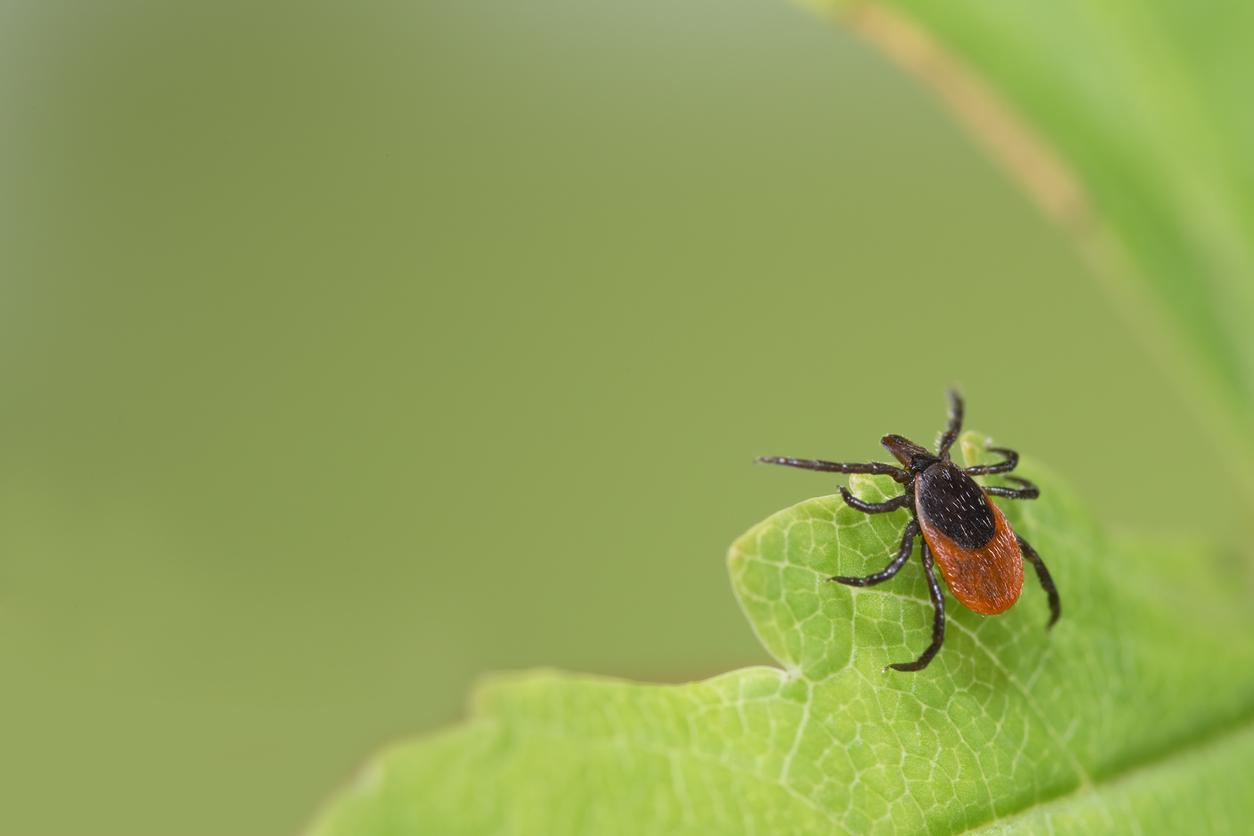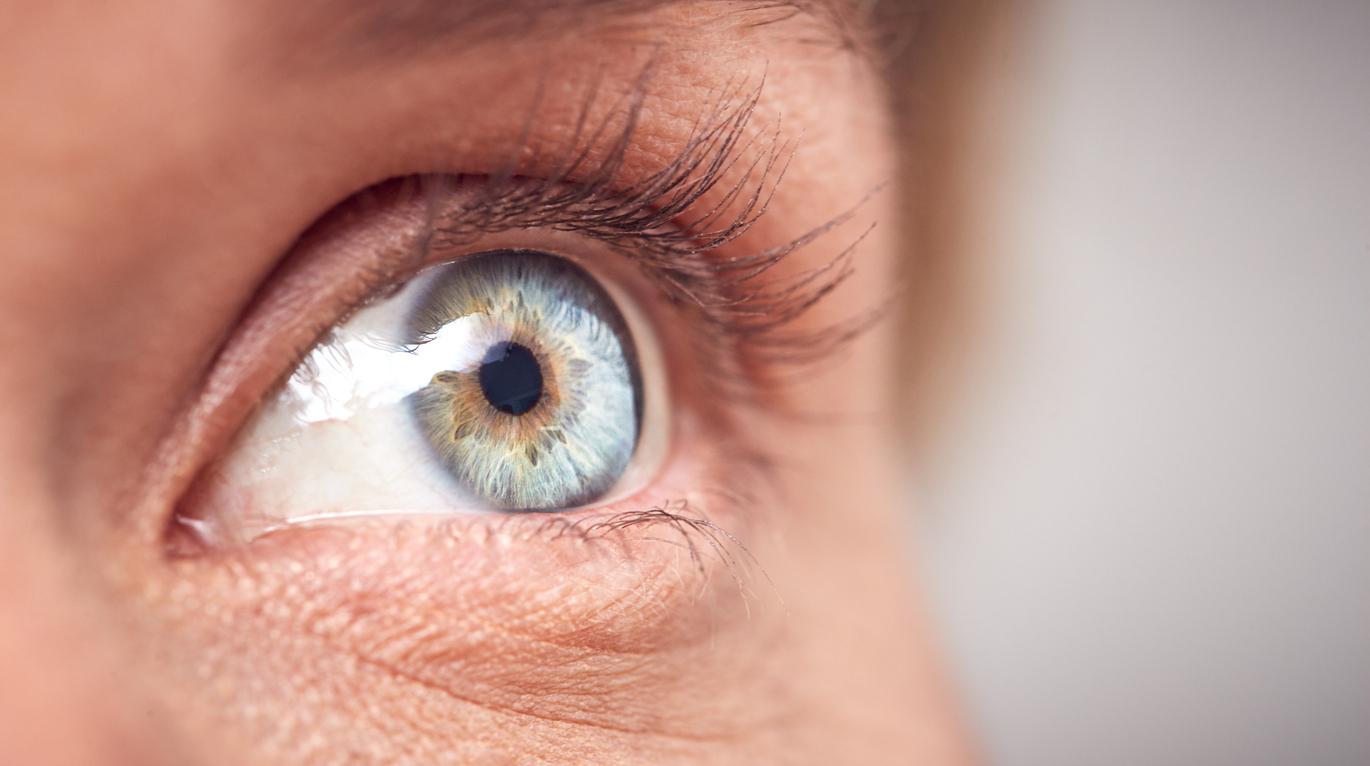Author of the new book “Lyme – if the sick knew, if the doctors could” (Editions Rue de Seine), Marie Félix recounts her long fight against this terrible infectious disease transmitted by ticks.

- Marie Félix contracted Lyme disease at the age of 20.
- She went through a long medical wandering before being diagnosed in 2017.
- Many symptoms manifested themselves during his life, marked by the disease.
Why doctor – You are 60 years old today. When and how did you contract Lyme disease?
Marie Felix – I contracted Lyme disease when I was young, with my first symptoms appearing when I was 20 years old. The pathology was transmitted to me by ticks, because as my parents were foresters in Maine-et-Loire, I was bitten many times when I was little.
What were your first symptoms?
At the beginning of the disease, I suffered a lot from sciatica, neuralgia in the arm and neck pain. I also developed erythema migrans which I did not identify as such at the time.
On the other hand, I did not have a fever or felt very tired.
Have they evolved over time?
Hugely, yes. Over the years, I began to suffer from neurological problems, headaches, dizziness, lumbago, eye problems, hair loss and blackouts.
What have been the most disabling on a daily basis?
Dizziness. When they strike, we are no longer in the same world, we want to vomit and we have the impression that we are going to die. It’s a bit like being completely drunk.
Have they had an impact on your everyday life?
Many, yes. Regarding my teaching career, I have pretty much managed to be there for my students, even though there have been a few months when I was on the sidelines.
In terms of my family life, on the other hand, I was only able to live with my three boys a third of what I would have liked to share with them. Just talking about it makes my tears well up.
Many patients with Lyme disease go through long periods of therapeutic wandering. Has this been your case?
Yes. I was only diagnosed in 2017, in particular because the first tests I had done came back negative and my symptoms were regularly linked to other pathologies.
When and how were you finally diagnosed?
It is a general practitioner who, challenged by my request for physiotherapy sessions, invited me to redo the tests. This time they came back positive.
What were the consequences of this long absence of a clear diagnosis?
I experienced an absolute destructuring of my personality, because it was explained to me for years that I was depressed and that my evils were invented. So I denied what I knew intimately and regularly took antidepressants during my life, these pills never having worked for me despite the various molecules tested.
It was after taking this kind of medication that I attempted suicide in 2013. My misfortune was too great, I was in too much pain, I wanted to get it over with.
Have you tried other medications?
Yes. Before I was sure I had Lyme disease, I was on hormone therapy while taking a lot of anti-inflammatories and painkillers. Once the diagnosis was established, I also tested short mono-antibiotic therapy and long poly-antibiotic therapy, which both remained without effect. I then turned to alternative therapies.
Which one finally worked?
The non-Western therapy I talk about in my book. Thanks to her, I’ve been well for three years, even if I know that I risk falling again at any time.
In your book, you speak of “a health scandal”. For what ?
Regarding Lyme disease, the health scandal is in my view multiple. Firstly because French general practitioners are not sufficiently trained and fewer and fewer able to treat this pathology. Then because the tests are not reliable (which raises the question of the interest of pharmaceutical companies in this area), and finally because the chronicity of Lyme disease is not recognized.

What are your writing goals?
I wanted to highlight that medicine is not linear, but rather a jungle traversed by wars, in which the interest of the sick does not always come first.















